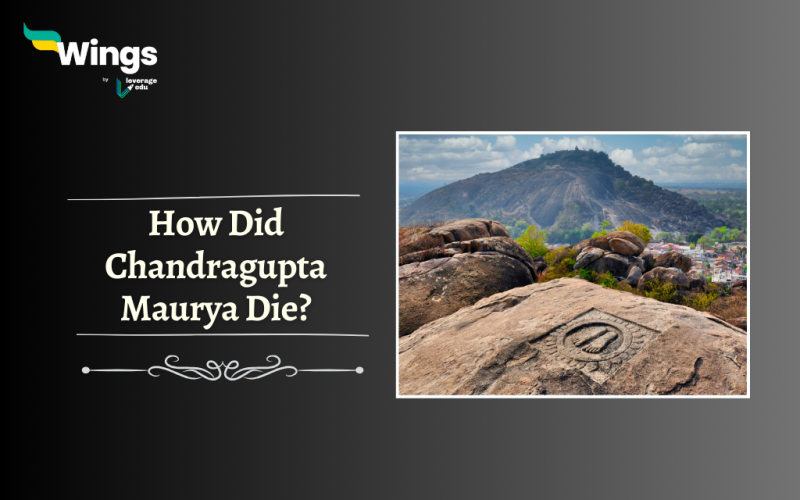Chandragupta Maurya, the founder of the Maurya Empire and the only ruler who had unified most of the nation under one administration roof. He is very well known for his works in the domain of administration and freeing the nation from foreign hegemony. When he was born his father or the chief of the migrant Mauryas died in a border fight. His mother’s brothers left him to a cowherd who raised Chandragupta as his son. Later on, a Brahman Kautilya famously called Chanakya brought him to Taxila (Present day Pakistan). It was here that he learned military tactics to collect mercenary soldiers, ensured public approval, and finished the autocracy of the Nanda Dynasty.
Table of Contents [show]
| Chandragupta Maurya’s Life | |
| Name | Chandragupta Maurya |
| Dates | 350–295 BCE |
| Title | Founder of the Maurya Empire |
| Reign | 320 BCE to 298 BCE |
| Empire Expansion | Magadha’s kingdom expanded to become an empire under his reign |
| Peak of Empire | Grandson Ashoka the Great ruled from 268 BCE to 231 BCE |
| Political Formation | Nature uncertain during his time |
| Empire Structure | Loose-knit empire with large autonomous regions |
Chandragupta Maurya’s Death
By the time the king reached his 50s, he got overly enchanted with the idea of Jainism, an extremely ascetic belief. He looked up to his idol who was himself a Jain saint named Bhadrabahu.
In 298 BCE, Chandragupta Maurya relinquished his rule and handed over all the responsibilities to his son Bindusara. From there he left for a place in Karnataka called Shravanabelogola. He meditated for five weeks without food and water until he died of starvation. This practice is called sallekhana or santhara. All of it was confirmed through Digambara legend.
Relevant Blogs
This was all about how did Chandragupta Maurya die. For more such informative blogs on Indian History stay tuned to our General Knowledge section.
 One app for all your study abroad needs
One app for all your study abroad needs















 45,000+ students trusted us with their dreams. Take the first step today!
45,000+ students trusted us with their dreams. Take the first step today!
